Jewish students celebrate most important holidays this month
Junior Maddie Press enjoys a vegetable ricotta casserole with her family to celebrate the new year.
3… 2… 1… Happy New Year! Sounds of the shofar, an instrument made from the horn of a ram, can be heard echoing throughout the evening as the sun slips below the horizon and the first stars of 5782 twinkle into the sky. No, no one has time traveled. To anyone not familiar with the Jewish lunisolar calendar, tonight is just another September night in 2021, but to the Jewish community, tonight marks the beginning of the year 5782. Beginning Sept. 6 and spanning across the next 12 days, Jewish students and their families observed the holiest days of the year: the High Holidays.
Rosh Hashanah, literally meaning ‘head of the year’ in Hebrew, is the Jewish New Year. It is a holiday of self-reflection, and most Jews observe the holiday by going to services at their local temple, called a synagogue, and having a large dinner with family. “Even though the services are painfully boring, and even though everybody’s family is insane, and drives you crazy, bringing together the family is meaningful and special,” English teacher Nicholas Confino said. “I’m so happy that my two boys get to experience it.”
Jews greet each other on the holiday by saying shana tova, which is Hebrew for ‘good year’. They eat apples and honey, to signify the coming of a sweet New Year, and round challah instead of the traditional braided bread to represent the roundness of a full year. “I love eating honey cake, to symbolize the apples and honey,” junior Nicole Riba said. “And I love having a big meal with friends, and family and good food.”
After Rosh Hashanah services, Jews traditionally partake in a ritual called tashlikh, which translates roughly to ‘cast away,’ where they symbolically cast off the sins of the previous year by tossing pebbles or bread crumbs into flowing water while reciting prayers. “I vividly remember taking off pieces of bread and thinking of a sin, thinking of something bad I did, and throwing it into the water,” Confino said. “And it brings back very fond memories, being a little boy, being a kid, and saying ‘ah! The bird ate your sin!’”
The 10 days after Rosh Hashanah are called the Days of Repentance, or the Days of Awe. Jews use these days to look back on the previous year, and think about where they fell short and how to repair themselves and the world in the coming year. Senior Vice President of the Jewish Student Union Yael Rosen said that she uses this time to “spend time with family and friends, and to really reflect on everything that happened in the past year.”
Yom Kippur, meaning ‘day of atonement,’ begins on the 10th night after Rosh Hashanah, and is the single holiest day of the Jewish year. On Yom Kippur, Jews fast from sundown on the last Day of Repentance until sundown the next day, and attend synagogue as a chance to apologize for the sins they have committed during the year. Junior Maddie Press said the ritual of fasting while reflecting makes no sense because “no one ever thinks when they’re hungry.”
Your donation will support the student journalists of Thomas S. Wootton High School. Your contribution will allow us to purchase equipment and cover our annual website hosting costs.
Catie is a 2023 graduate.


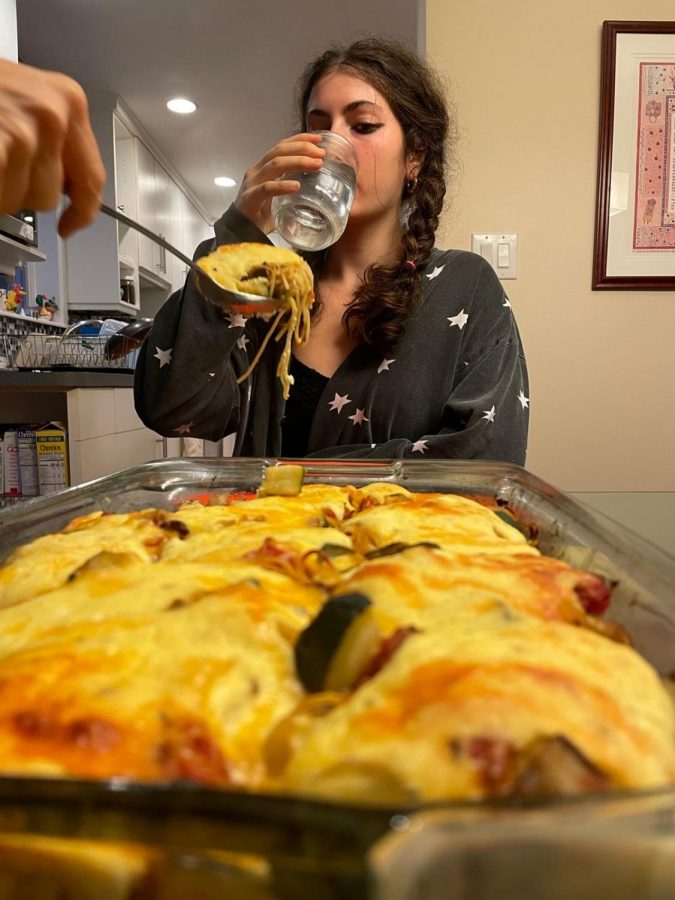
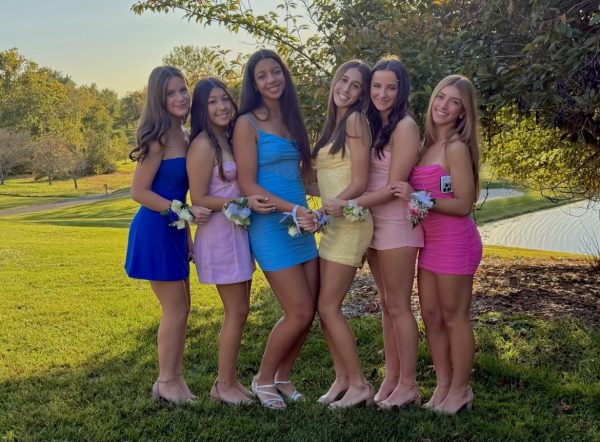
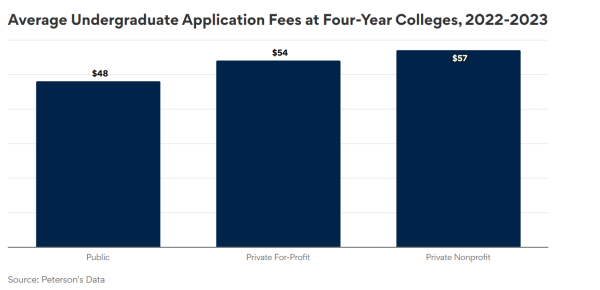
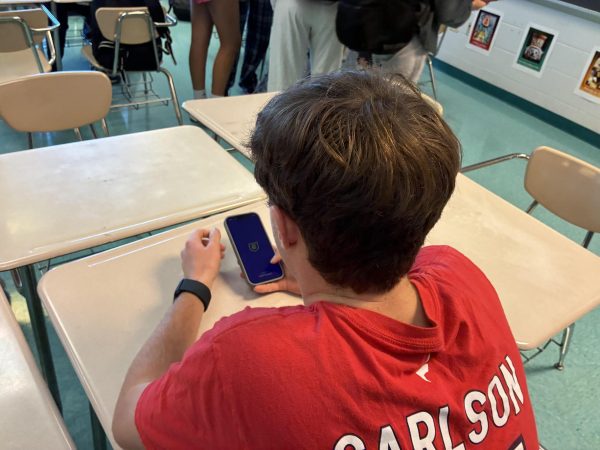
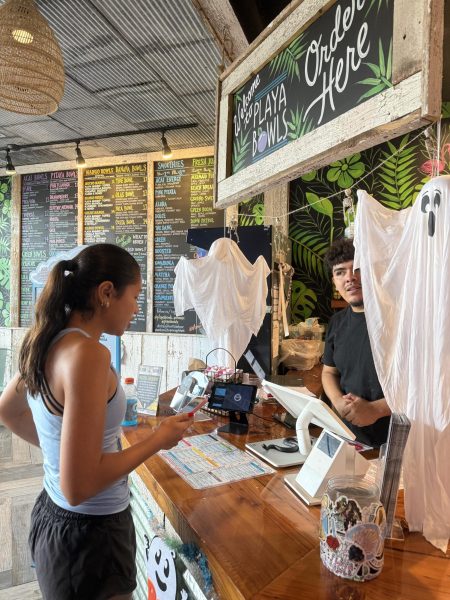
![Editors-in-Chief Ahmed Ibrahim, Helen Manolis, Cameron Cowen, Alex Grainger, Emory Scofield, Hayley Gottesman, Rebekah Buchman and Marley Hoffman create the first print magazine of the year during the October press days. “Only a quarter of the schools in MCPS have programs that are like ours, a thriving, robust program. That makes me really sad. This is not just good for [the student journalists] to be doing this, it’s good for the entire community. What [student journalists] provide to the community is a faith in journalism and that continues for their lifetimes," Starr said.](https://woottoncommonsense.com/wp-content/uploads/2025/10/wmpoFTZkCPiVA3YXA4tnGoSsZ4KmnKYBIfr18p3l-450x600.jpg)